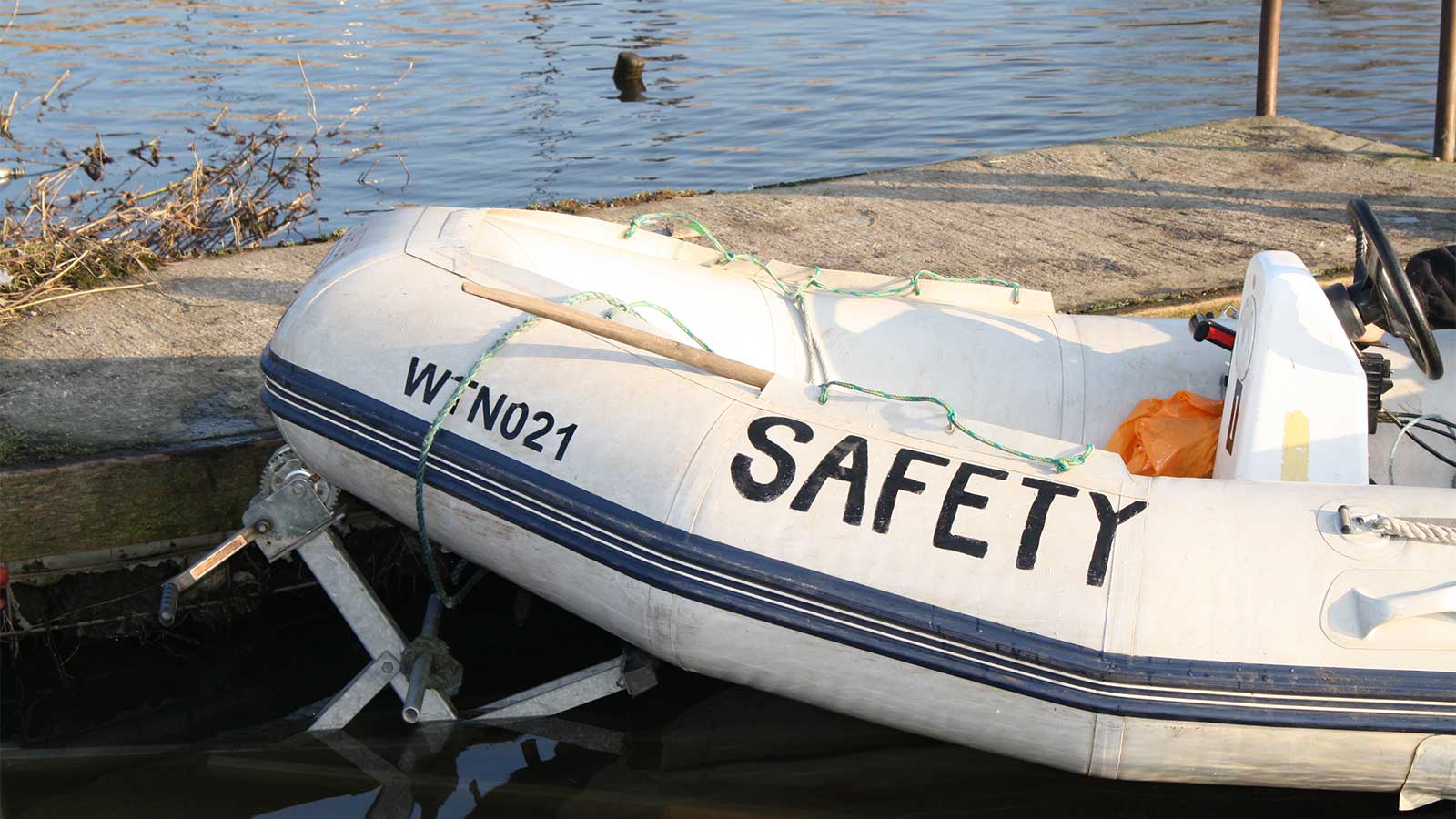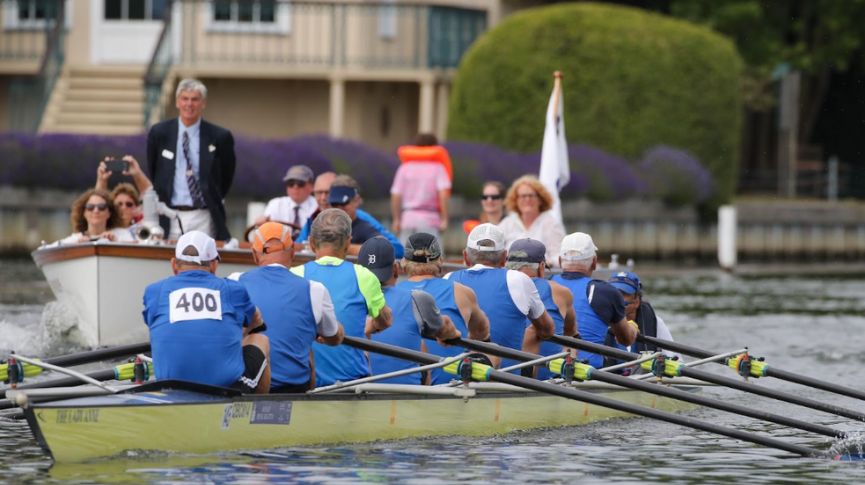Safety Alert – Marshals

There have recently been several incidents at events, some of these have been collisions. These have occurred due to either Marshals not being clear in their instructions or the failure of crews to follow clear instructions.
The primary duty of all officials, including Marshals, at events is to care for the safety of competitors, officials, other water users and the public at large. Events should ensure that Marshals are appropriately briefed and equipped to fulfill this duty.
The briefing for each Marshal should explain exactly what he or she is expected to do, and how they are expected to direct crews. They should be provided with the relevant section of the circulation plan for the area that they will supervise. There is an example of Marshal’s Instructions in the event safety manual:
The instructions should address the action required in specified circumstances, for example, how to deal with a crew wishing to overtake another and what to do if one crew impedes another. They should be instructed to tell a crew to stop so as to avoid a collision.
The information provided to Marshals should be consistent with that provided to competitors. It should be made clear in the instructions to competitors that there will be serious consequences if a crew fails to obey the instructions of a Marshal promptly. It should also be made clear that there will be serious consequences if a crew ignores a Marshal, is obstructive, or uses offensive remarks or gestures.
The instructions to Marshals should clearly specify the action that they should take in the event of an incident; this includes whom they should notify and how. They should be provided with a means of making contemporaneous notes about any incidents that they witness.
Organisers should ensure that each Marshal has all the equipment he or she is likely to need; in many cases this will include a loudhailer, a radio and a throw line. Organisers should also ensure that each Marshal knows how to use the equipment and that the Marshals should never put themselves or other people at risk.
Marshals working on or near the water should wear a lifejacket or buoyancy aid at all times. Marshals should be clearly identified so that they are easily seen by coxes and crews and should be encouraged to ask crews to acknowledge any instructions they are given. Appropriate welfare arrangements should be available for Marshals and these should include breaks and access to toilet facilities, etc.
Inexperienced Marshals should not be left unsupervised for long periods of time. Ideally they should be accompanied by an experienced Marshal but it may be appropriate for them to be visited by an experienced Marshal periodically.







